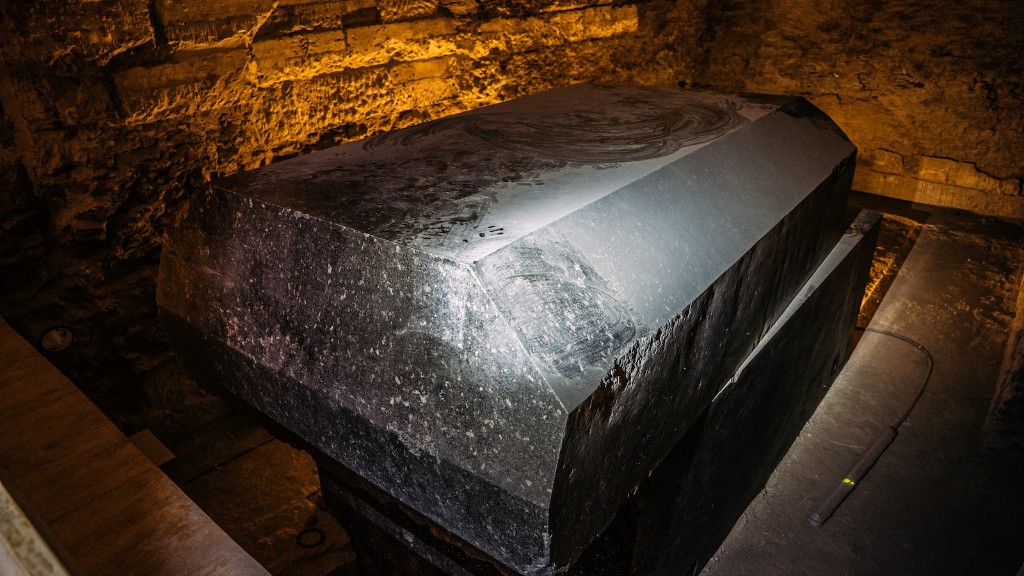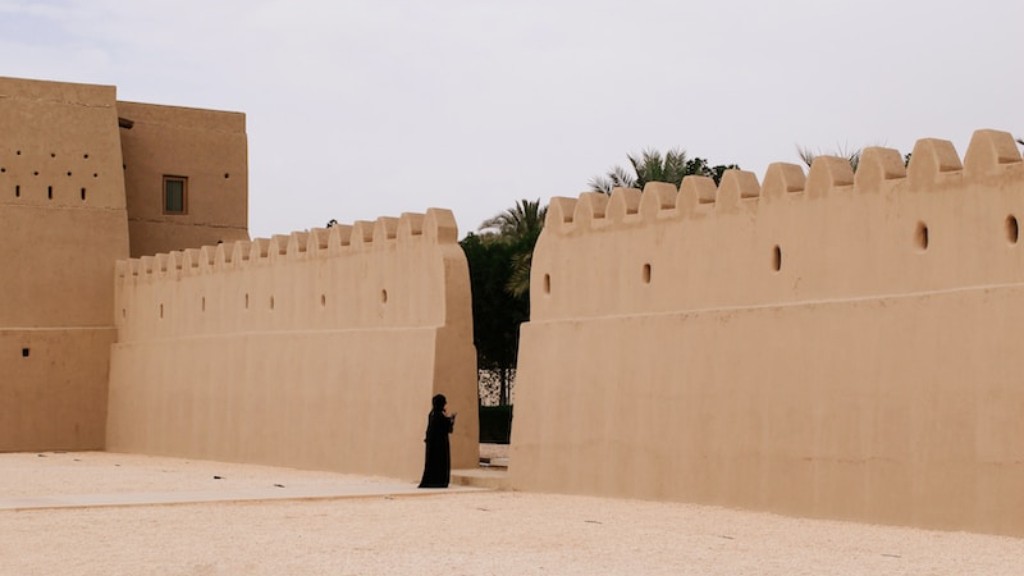Achievements of Ancient Rome
Ancient Rome, known for its remarkable achievements, holds a significant place in the annals of human history. The Romans, with their innovative mindset and visionary leaders, made substantial contributions that shaped various fields and influenced subsequent civilizations. This article explores some of the notable achievements of ancient Rome.
Architecture and Engineering
The Romans were exceptional architects and engineers, pioneering advancements still admired today. They revolutionized the construction of colossal structures like amphitheaters, aqueducts, and roads. The world-famous Colosseum stands as a grand testament to their architectural prowess, with its ingenious design accommodating thousands of spectators. Likewise, the magnificent Pantheon showcases their mastery in using concrete and the skillful combination of different architectural elements.
Moreover, the Romans developed a sophisticated network of aqueducts that supplied water to their cities, showcasing remarkable engineering skills. Their road system, exemplified by the Appian Way, facilitated trade, communication, and military movements, setting a standard for subsequent civilizations.
Legal System and Governance
Ancient Rome left a lasting legacy in terms of law and governance. Their legal system, known as Roman law, established the principles of justice, equality, and due process, influencing legal systems worldwide. The Twelve Tables, a codification of Roman civil law, laid the foundation for legal systems across Europe.
Rome also implemented a concept of republican government, balancing power between different branches, which became a model for modern democracies. The concept of checks and balances within the Roman political structure edified the idea that no individual or group should have unchecked authority.
Language and Literature
The Romans developed Latin, a language that had a profound influence on subsequent linguistic development. Latin served as the lingua franca throughout the Roman Empire and formed the basis for numerous modern Romance languages. Furthermore, Roman literature produced renowned authors, such as Virgil, Cicero, and Ovid, whose works continue to captivate readers to this day.
Military Tactics
The Romans were brilliant strategists and pioneered military tactics that revolutionized warfare. The Roman Legion, an organized and disciplined infantry formation, enabled Rome to conquer vast territories. Their engineering skills also played a crucial role in constructing siege weapons and fortifications, providing a tactical advantage in battles.
Art and Culture
Ancient Rome’s artistic and cultural achievements remain a testament to their sophistication and craftsmanship. Roman art encompassed various styles, ranging from realistic portraits to grand sculptures. The vibrant frescoes found in Pompeii and Herculaneum showcase the Romans’ mastery in capturing daily life scenes and preserving them for posterity.
Rome’s cultural influence extended to theater, where comedies and tragedies enthralled audiences. The Romans also embraced and reinvented Greek culture, influencing their architecture, literature, and even religious practices.
Conclusion
In summation, ancient Rome’s achievements spanned a wide array of domains and continue to shape our world today. From architectural innovations and legal systems to linguistic and cultural contributions, Rome’s legacy serves as a constant reminder of human ingenuity and the impact of ancient civilizations on the modern era.


